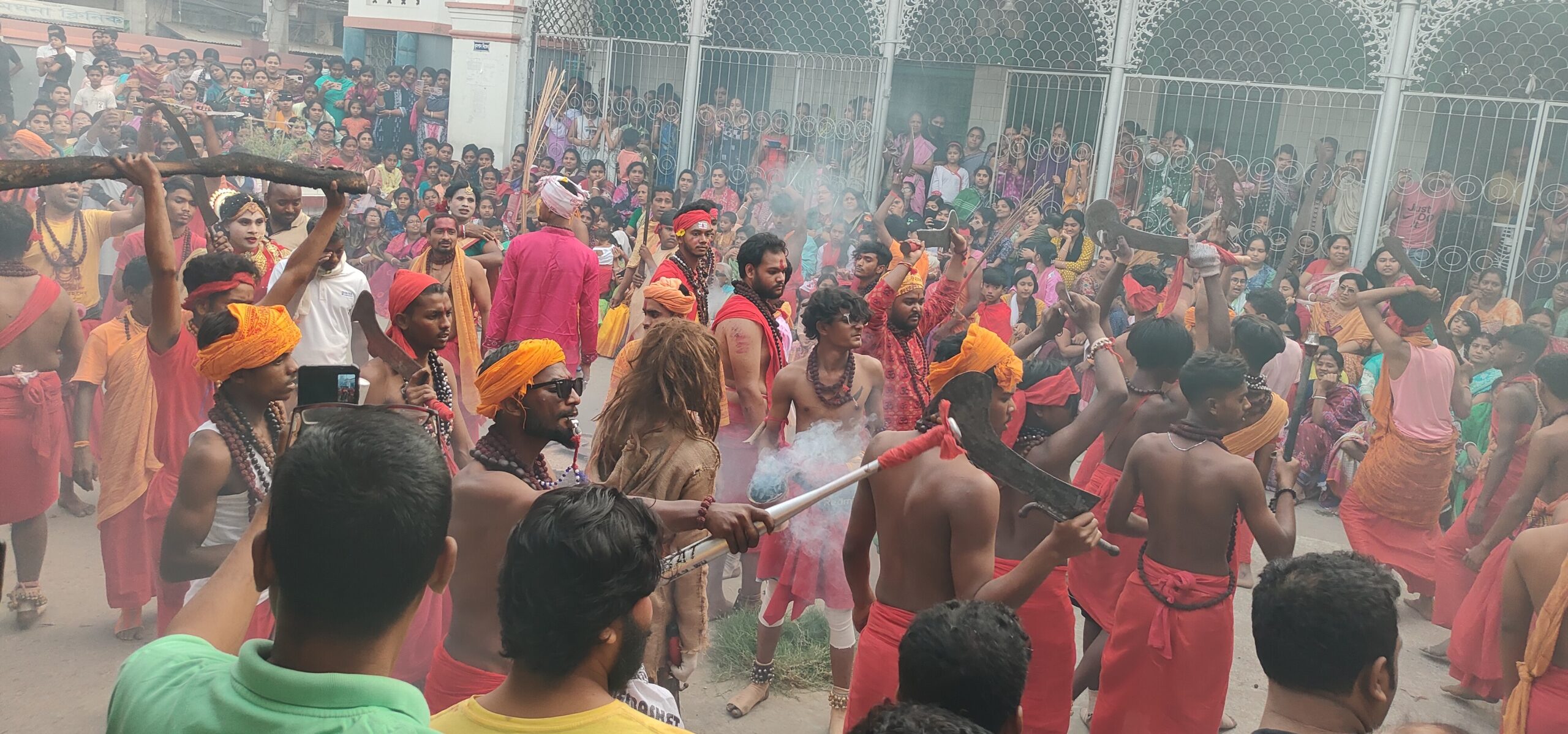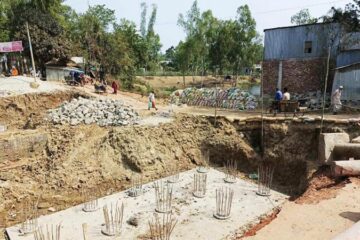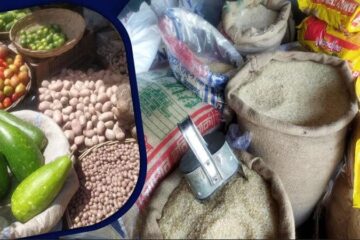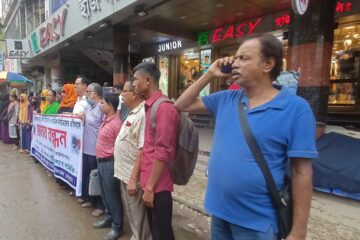PABNA, April 14:- Pahela Baishakh, the first day of Bangla New Year 1431, is celebrated in Pabna like elsewhere across the country amid great enthusiasm and joyful festivities.
Like every year, Pahela Baishakh had been celebrated in the Pabna district with the same zeal and gusto this time to welcome the Bangla New Year 1421. Wearing new dresses that highlighted the true essence of Bengali identity, people from all walks of life gathered at the premises of Government Edward College exchanging greetings with each other after the rise of the sun to hail the New Year. To mark the day, Square Consumer Products Limited “RUCHI’ organized a live cultural event, crowded by myriad people at the premises. The program was followed by a live cultural concert where renowned singers enthralled the crowded people of the district.
At early morning deferments organisation along with district administration, Square Consumer
Products Limited, and other cultural organizations organized colourful rally which was paraded the main road of Pabna.
In the evening most of the people from different parts of the town and upazila crowded the Edward College filed where they enjoyed the evening without having any cultural events. None of the cultural organizations did not organized any program.
Yesterday last of the Bengali year, in the early morning, the local Hindu community organized local indigenous cultural events at different temple premises, like Hajera Khela. Hajera Khela it’s a local indigenous religious cultural festival. Last day of the month of Chaitra the Hindu community perform the event. Like all other national cultural festivities, it has significantly substantiated its importance and interest to the common people, especially to the Hindu community.
It embraces the traditional values as well as the colourful image of our culture. In conjunction with upholding our longstanding traditional culture.
Pahela Baishakh is, in truth, about celebrating the simpler, rural roots of Bengal. It is a public festival of the Bengalis that also marks a day of cultural unity without distinction between class and religious affiliations. The lifestyle and cultural heritage of rural Bangla is showcased in the Baishakhi celebration.




